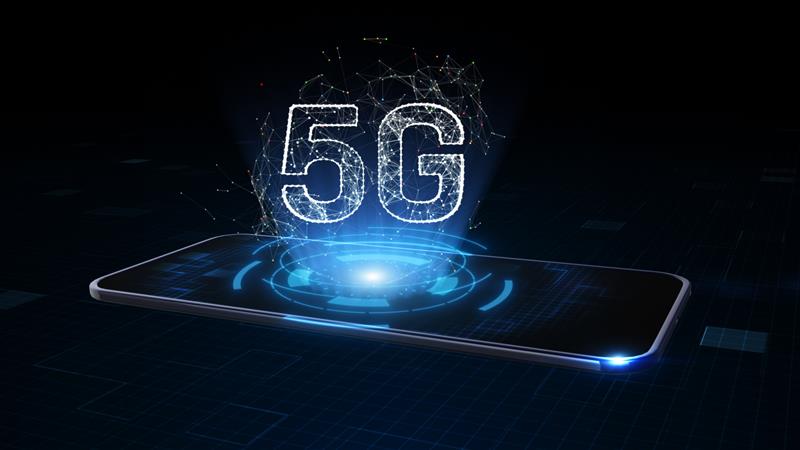
Five years after Britain banned Huawei from its 5G networks, the Chinese tech giant’s UK revenues fell by over 80%, revealing how politics, trade tensions, and the UK-China tech competition continue to shape the future of global technology.
The fall of Huawei in the UK began after the government in 2020 announced to ban Huawei telecom equipment from national 5G networks by 2027.
The government acted amid security concerns and pressure from the US, answering the question as to why Huawei was banned in the first place, and if its technology could be dangerous to Western communications.
Having been a central 5G partner, Huawei is now a clear minority player in the UK market, keeping legacy infrastructure and offering a few consumer products. The decision was a turning point in China and UK relationship.
From 5G Leader to Fading Presence
In its recent reports, Huawei Technologies UK registered revenues of mere $240 million (£188.2 million) in 2024 compared to $1.6 billion (£1.26 billion) in 2019. The firm blamed the decline on planned downsizing following UK and US restrictions.
Profits plummeted, and the company dropped 176 workers from close to 900 before the ban took effect. The UK Telecommunications (Security) Act of 2021 banned operators from acquiring new Huawei telecom equipment and directed all existing components to be deleted by 2027.
The process affected 5G equipment manufacturers across the market and slowed Britain’s rollout too. Economists claim the government’s action, while aimed at national security, had economic implications, striking telecom firms with millions and stunting digital progress.
“Following the UK government’s decision to restrict Huawei’s market access on political grounds, the company’s reduced presence in Britain has contributed to delays in 5G infrastructure deployment and limitations in network performance,” said Steve Brazier, Informa Fellow and co-founder at Canappi.
Meanwhile, global attention has turned to Huawei AI chip export controls, as Western governments expand bans on high-performance semiconductor sales to Chinese firms. These restrictions highlight how the Uk-China tech competition now extends far beyond mobile networks into the core of next-generation computing.
Secrets and Power: China in the UK Telecom Sector
Though it is declining in the UK, Huawei remains strong internationally.
The company grew 22% year on year internationally in 2024, primarily in Asia-Pacific and other parts of the world outside the West. It continues to develop AI systems, intelligent devices, and advanced 5G technologies in spite of the Huawei AI chip ban.
China also started to lock its own market restrictions, limiting foreign suppliers such as Nokia and Ericsson, as part of an overall push that analysts characterize as secrets and power: China in the UK telecom market. This is after Europe was reluctant to trust Huawei and further widen the divide within global technology supply chains.
Trade between UK and China is currently influenced quite significantly by such moves.
As Britain’s UK China trade in merchandise and energy continues unchanged, technology exchange has become a new front. For most experts, the best telecom equipment for 5G deployment will now be less concerned with technical proficiency and more with politics, alliances, and belief.
The rise and fall of Huawei China and UK trade reflects a larger story of nations redefining digital sovereignty amid a world where technology has become a driver of progress and an instrument of domination.
Inside Telecom provides you with an extensive list of content covering all aspects of the tech industry. Keep an eye on our Tech sections to stay informed and up-to-date with our daily articles.